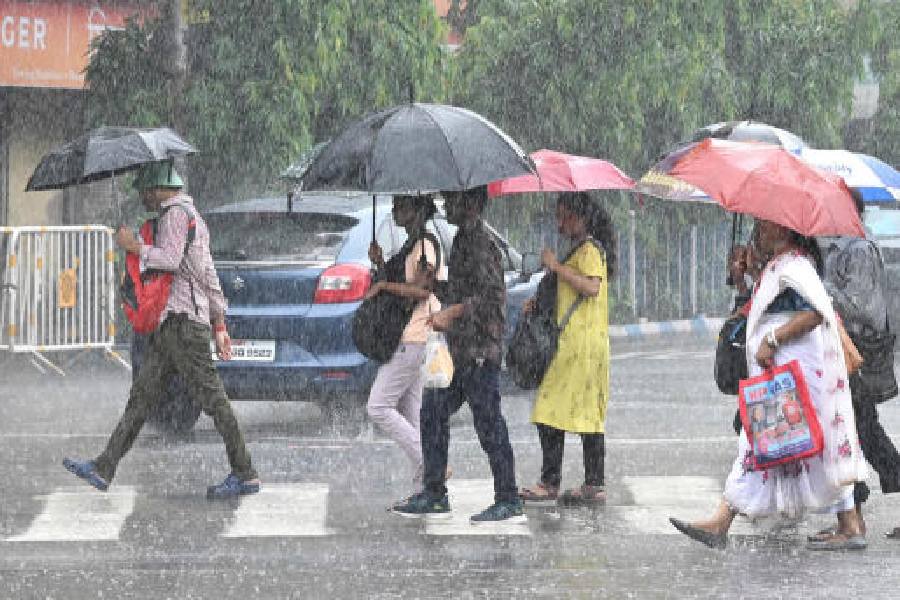The late onset of the monsoon means that everyone, including the authorities, should be on guard against a late surge of dengue cases, mayor Firhad Hakim said on Saturday while responding to questions on the dengue situation in the city.
While a senior official of the Kolkata Municipal Corporation (KMC) was rattling off figures to make the point that there are fewer dengue cases this year than the corresponding period last year, Hakim interrupted him and said work against dengue should continue in full swing.
“The monsoon reached (south Bengal) late. The rain expected in June is happening in July. We have to keep watch on the situation,” Hakim said.
“We should go ahead with awareness campaigns. We should keep spraying (larvicides). Our teams should continue the visits,” he said.
KMC sources said the number of dengue infections usually sees a spurt from the end of July and reaches its peak in August and September. A good number of dengue cases are also reported in October, and even in November.
“The number of infections starts to drop in December or when there is a reasonable drop in temperature,” said a KMC official.
The mayor stressed the need to keep an eye on vacant plots that turn into sites of mosquito breeding after people dump open containers, including earthen cups, on such plots. If rainwater accumulates in the containers and remains undisturbed for more than 10 days, they may turn into mosquito-breeding sites.
The dengue virus is transmitted to humans through the bites of infected female mosquitoes, primarily of the Aedes aegypti variety.
The World Health Organisation (WHO) lists “disposing of solid waste properly and removing artificial man-made habitats that can hold water” and “covering, emptying and cleaning domestic water storage containers on a weekly basis” among the measures that need to be taken to prevent and control dengue.
KMC officials said 184 dengue cases and 954 malaria cases have been reported in the city since January this year. An official said the numbers were fewer than the corresponding period last year.











